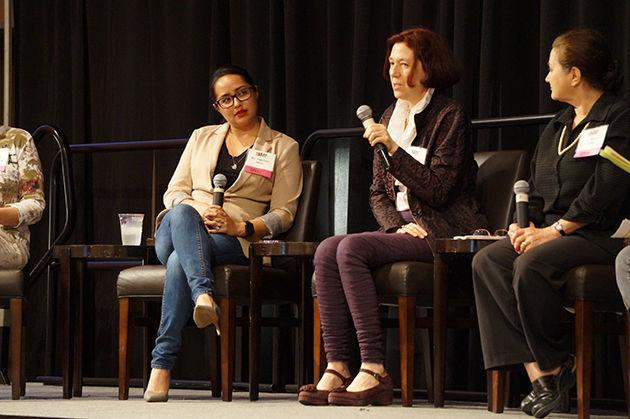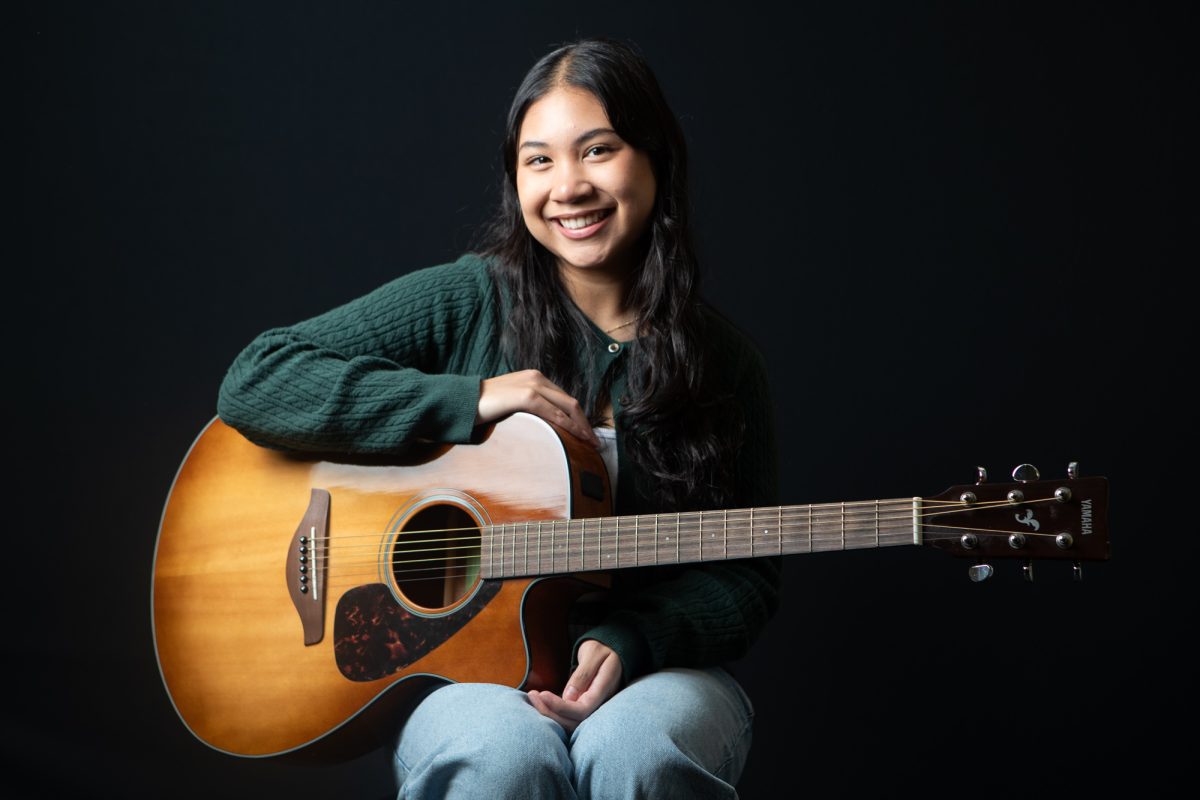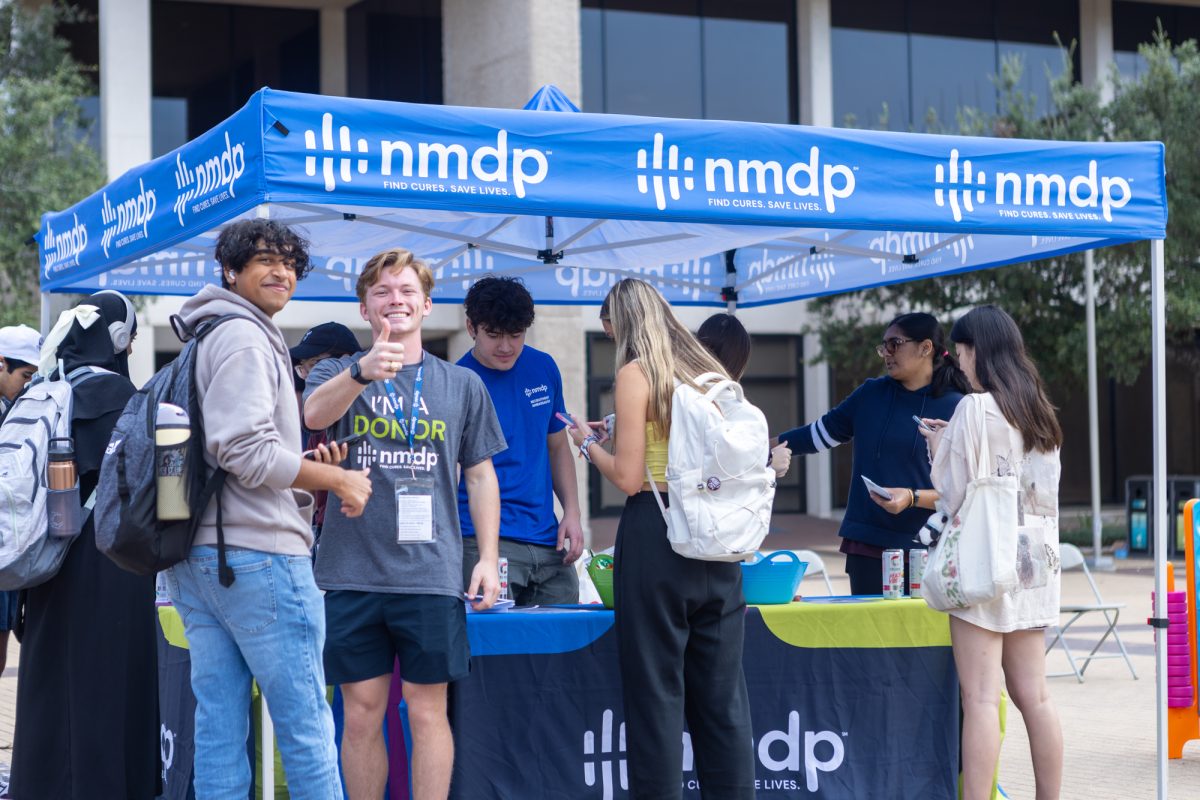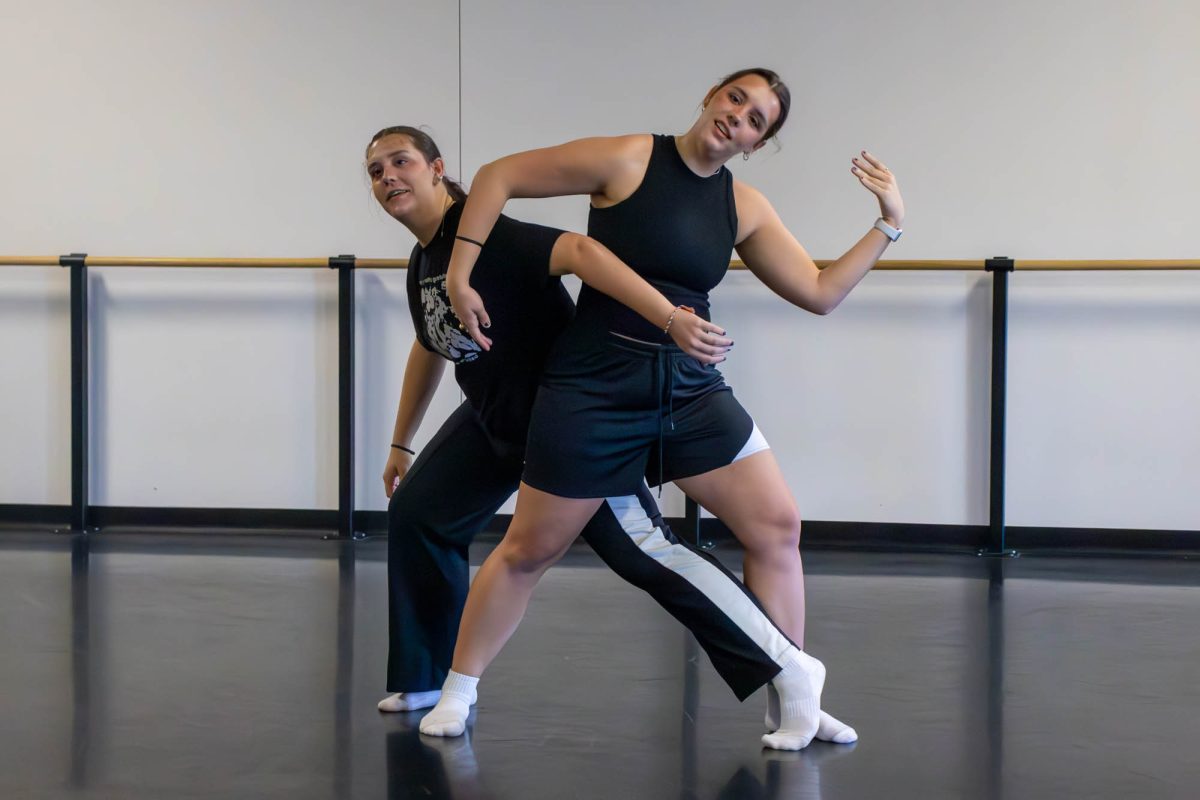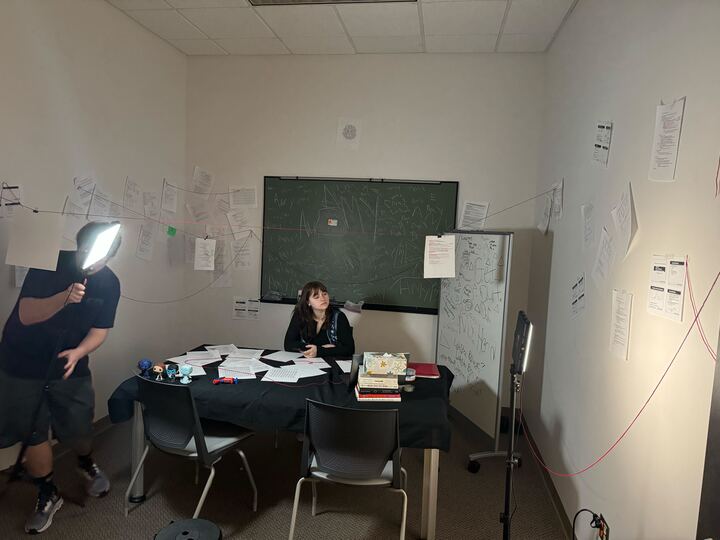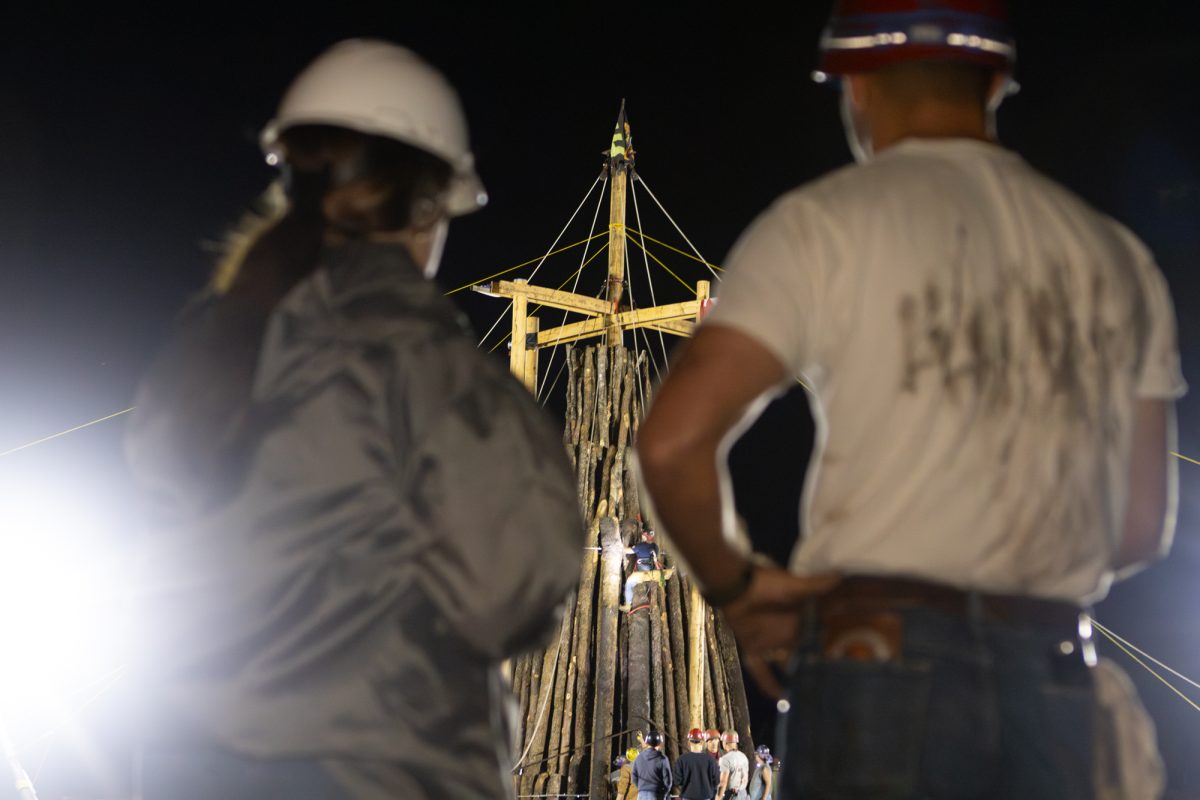International Women’s Day has been celebrated since 1911, and in 2011, on the 100th anniversary, former President Barrack Obama declared March would henceforth serve as Women’s History Month. International Women’s Day, or IWD, is celebrated on March 8th this year and acts as a “kick-off” for events and activities throughout the month.
This year the Association of University Women, or AAUW, hosted the International Women’s Day Conference on Texas A&M’s campus on March 7. The conference included a performance by A&M’s Femmatas, slam poetry and numerous speakers.
International studies senior and events director for the American Association of University Women, McKenzie Horwitz, said that IWD goes beyond just the celebration women.
“International Women’s Day is not just meant to celebrate women, but also to encourage women and men to be active participants in the movement for gender equality,” said Horwitz.
According to Horwitz, the International Women’s Day Conference is most effective when differences between women and their experiences — often created by factors such as race and class — are acknowledged.
“[The conference] brings to light the way that women each have unique experiences because of their race, religion, sexuality, class, and many other factors. Gender equality can’t be achieved if we don’t acknowledge what makes us unique and then celebrate this diversity rather than approaching women’s issues from a single viewpoint,” Horwitz said.
Finance junior Hannah Solomon said IWD is important in showing what progress has been made in regards to women’s rights and what still needs to be achieved.
“International Women’s Day is important because it shows how far we have come as a society, yet still reminds us how much more we have to strive for,” Solomon said.
Tasha Dubriwny, professor of communications and gender studies, said in the current political climate it is important to be active.
“The fight for women’s rights is more important than ever. The current political situation places women’s rights, LGBTQI rights, immigrant rights, civil rights all at risk,” Dubriwny said. “There are several student organizations on campus that are doing great work for women, including F.R.E.E. — Feminists for Reproductive Equity & Education — and Feminism 4 Aggies.”
Dubriwny said that the call to action doesn’t end after IWD, but rather continues year-round with local and state elections.
“I would also encourage folks to be active in local and state electoral politics,” Dubriwny said. “Who we vote to represent us in the coming years — especially in the midterm elections — will be pivotal in terms of protecting the rights of all citizens.”
English sophomore Sarai Aparicio said that even though women today have more rights than in previous years, the work towards equality must continue, both in the U.S. and internationally.
“I think it’s incredibly important for us to have a reminder of the achievements in civil equality that we’ve made so far, but also of the work we still have cut out for us, both here and in other parts of the world,” Aparicio said. “It is vital that we don’t trick ourselves into thinking that our work for equality is done just because we here enjoy more rights than we did [previously] or because we have more rights than women in other parts of the world.”



